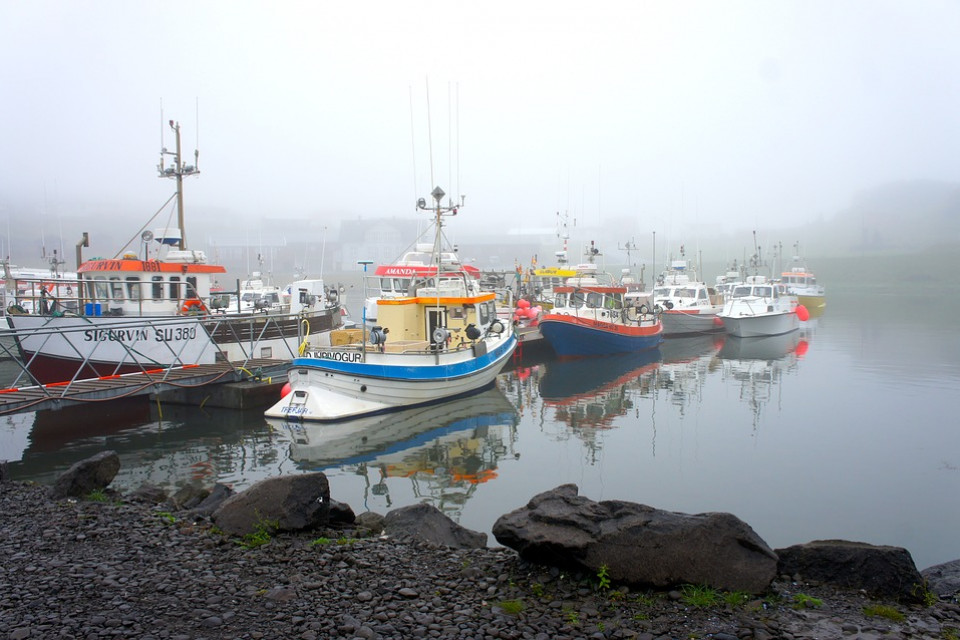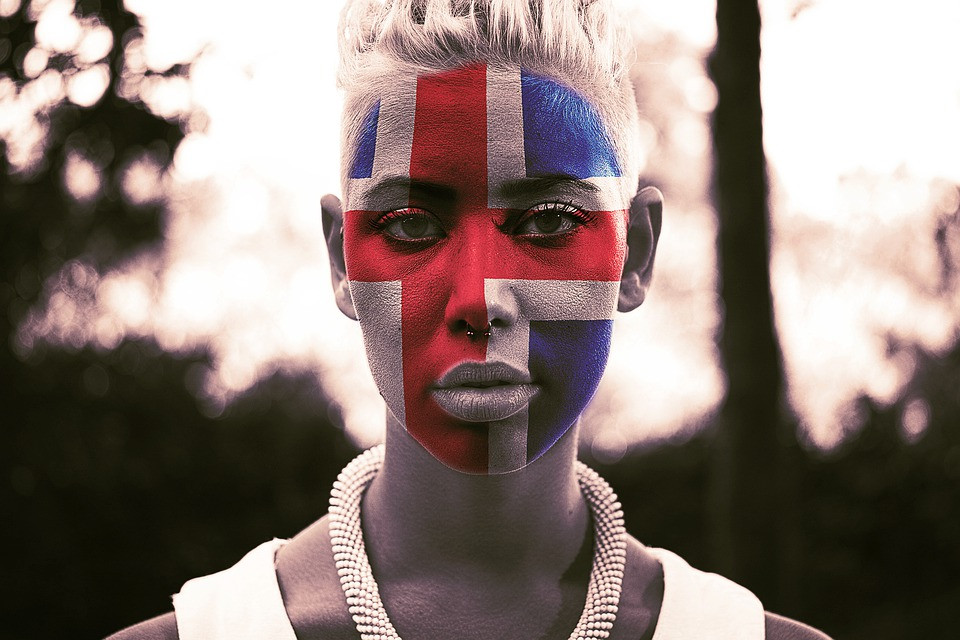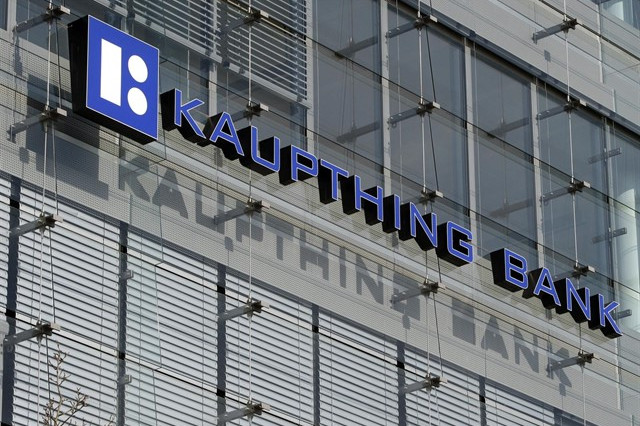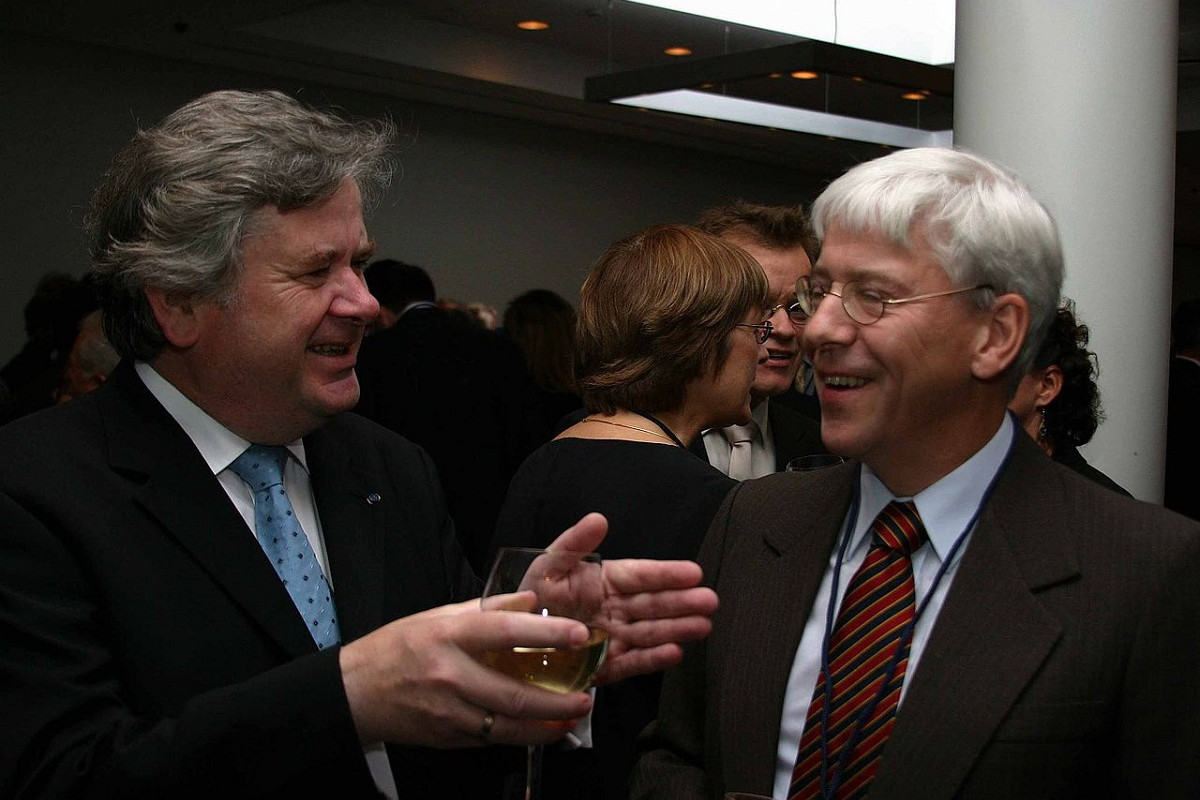Even in its most beautiful places, all roads are hard on this beautiful and icy Nordic island. The journey made by Icelandic society since the occurrence of the deep banking crisis of 2008 has not been less hard.
The bankruptcy of the three major banks due to a credit bubble bursting that spread its tentacles around the globe, and reached a value higher than ten times the Icelandic GDP at the time, caused a double-digit economic recession, caused depreciation of almost 70% in the value of its currency, and required a unique financial rescue by the International Monetary Fund to guarantee the deposits of its local people.
To avoid capital flight and a greater depreciation of their currency, the successive governments established different controls on the outflows of money from the country that, with varying intensity, remained in place until a little over a year ago. This restriction on the free movement of capital, the recapitalization and reorientation of its financial system and an accommodative economic policy have led to excellent results in a country with the severe limitations of a demanding domestic market and a very little diversified economy. At the time, few would have postulated such a benign outcome.
Ten years after the occurrence of a brutal and unprecedented crisis, Iceland has surfaced on the international scene having recovered income levels above those of the financial collapse, with a situation close to full employment, a significant salary improvement, high rates of economic growth, an enviable gender policy and one of the highest life expectancies in Europe.
This apparent economic miracle rests on the foundation stone in the spectacular expansion of tourism activity on the island that has quadrupled over the current decade.
Backed by the favourable price of the Icelandic Króna, the political uncertainties of some rival tourist destinations and a progressively more benign climate, the growth of tourism has led to the island receiving more than 2 million visitors, seven times more than the size of its native population.
The effects induced by this prolonged tourist boom in the economy as a whole have been considerable, with a reactivation of the activity carried out by local airlines, a significant improvement in the network of road infrastructures, a growing demand for services and a considerable growth in the hotel infrastructure. As if this was not enough, the fishing industry is also experiencing favourable times.
However, getting too close to the brightest star also has its risks. On one hand, the incessant flow of foreign visitors and the limitation on capital flights stimulated a revaluation of 40% in the Icelandic currency, eroding the attractiveness of the Nordic destination abroad. On the other, the tourist pressure on the capital, the central node of holiday activity, has led to an increase in the standard of living and an appreciable increase in the price of housing, mainly for rent, for the resident population.
The return to a scenario of more conventional economic policies has also been like a cold shower to Icelandic society. The recovery of the free flow of international capital and the recent slowdown in foreign tourism have led to a rapid depreciation of the Króna that now puts the two large national airlines in check, already affected by the rising cost of crude oil, and is generating tensions in some capital markets mainly owned by foreign debt holders.
On the horizon appear the sprouts of doubts intrinsic to any society that faces the challenges of a globalised economy.
Dependence on foreign financing is common in economies with severe difficulties in achieving a correct balance of trade. So far, the export of services related to tourism activity has played an essential role to more than compensate for the limitations of industrial production and reach an external surplus comfortably. It has also served to facilitate the return of the financial bailout and maintain the weight of the sovereign debt within sustainable parameters.
However, the full return to international capital markets will evaluate the scope of the reforms undertaken and their effective capacity to attract foreign savings, either in the form of direct foreign investment or the acquisition of financial assets. So far, the flows of foreign capital are comparatively sparse. We wonder if the renewed banking sector is sufficiently grown to attract them and in turn face up to increasing external competition.
The management of monetary policy and the evolution of interest rates in small economies, open to the outside world and that use a micro-currency, requires adapting to highly volatile environments and usually tends towards the prevention of risks of financial instability, which does not always coincide with internal economic needs. Significantly, the current monetary policy of the Icelandic central bank is not very synchronized with its immediate environment, which is essentially concerned with avoiding the risks of economic overheating that already induces a significant risk premium on sovereign debt. However, the future scenario seems point towards different paths, delimited by a foreseeable slowdown in tourist revenues, an economic cooling down and greater financial instability, which would require the persistence of prudent macroeconomic policies that, in their absence, could force the imposition of new restrictions on the capital mobility.
In this context, the siren songs of the adoption of the Euro as its own currency persistently resound down the corridors of political Reykjavik.
Renouncing regional monetary management in exchange for greater credibility and financial stability, on the part of a little diversified economy with limited foreign savings capacity would currently appear precipitated.
Nor will the outcome of Brexit and its final fit within the framework of the European Economic Area be considered trivial for an economy that has its main export market in the United Kingdom. Despite knowing how to reinvent itself successfully, oblivious to the recent turbulence of its most powerful neighbours, the Icelandic economy will not be able to escape from the vicissitudes of fully globalised financial markets.
There are no storm clouds on the horizon. But, as happens to the withdrawn and good-natured Andri Olafssun, police chief of a remote Icelandic village in the acclaimed series 'Trapped', the Icelandic society lives the good times with passion but also garners the distrust of those who know that anything unforeseen may lurk under the cold waters of each lake, or behind each volcanic peak or simply around every corner.










